“The Church helps a person who suffers, no matter who he or she is,” Fr Oleh Klymonchuk on psychological rehabilitation
April 26, 2024
Mental health is an important area of the human person. Looking at each person holistically, mental health issues cannot be avoided. After all, they immediately affect the physical and spiritual spheres. Therefore, in its desire to save people and bring them the Gospel, the Church cannot ignore the psychological dimension of a person.
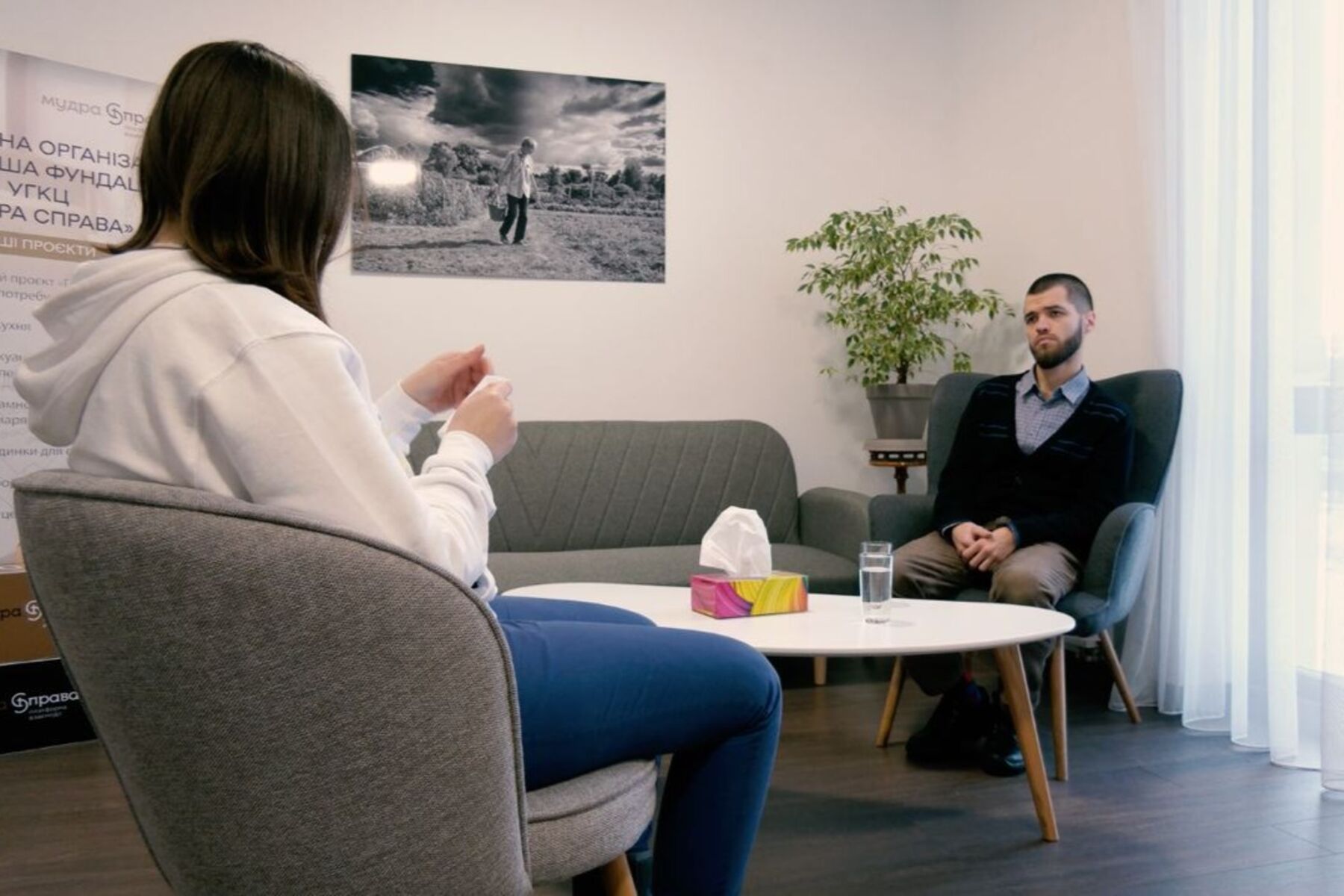
As a result of Russia’s war against Ukraine and the aggressor’s attempts to destroy not only the statehood, infrastructure, but also the Ukrainian people as such, challenges in the field of mental health have only increased. Therefore, considering these challenges, the Ukrainian Greek Catholic Church has identified healing the wounds of war as one of the areas of its future pastoral ministry. Obviously, this involves cooperation with specialists and experts in providing psychological assistance.
The Wound Healing Centres, established by the Patriarchal Foundation Mudra Sprava with the support of benefactors from around the world, provide not only a space for spiritual meetings but also a private area for individual meetings with psychologists and psychotherapists. Today, we are talking to Father Oleh Klymonchuk, the project manager of the psychological assistance project, about how it all looks like in practice.
First, what is this charity project to restore the psychological health of Ukrainians, launched by the Patriarchal Foundation Mudra Sprava?
This project responds to the current problems of Ukrainians in the field of mental health today. It is one of the responses to the society’s request and to the needs of people and is essentially a social service. The church helps people who suffer, no matter who they are. And psychological well-being is one of the main aspects of human existence, and therefore suffering in this area affects the whole life of a person.
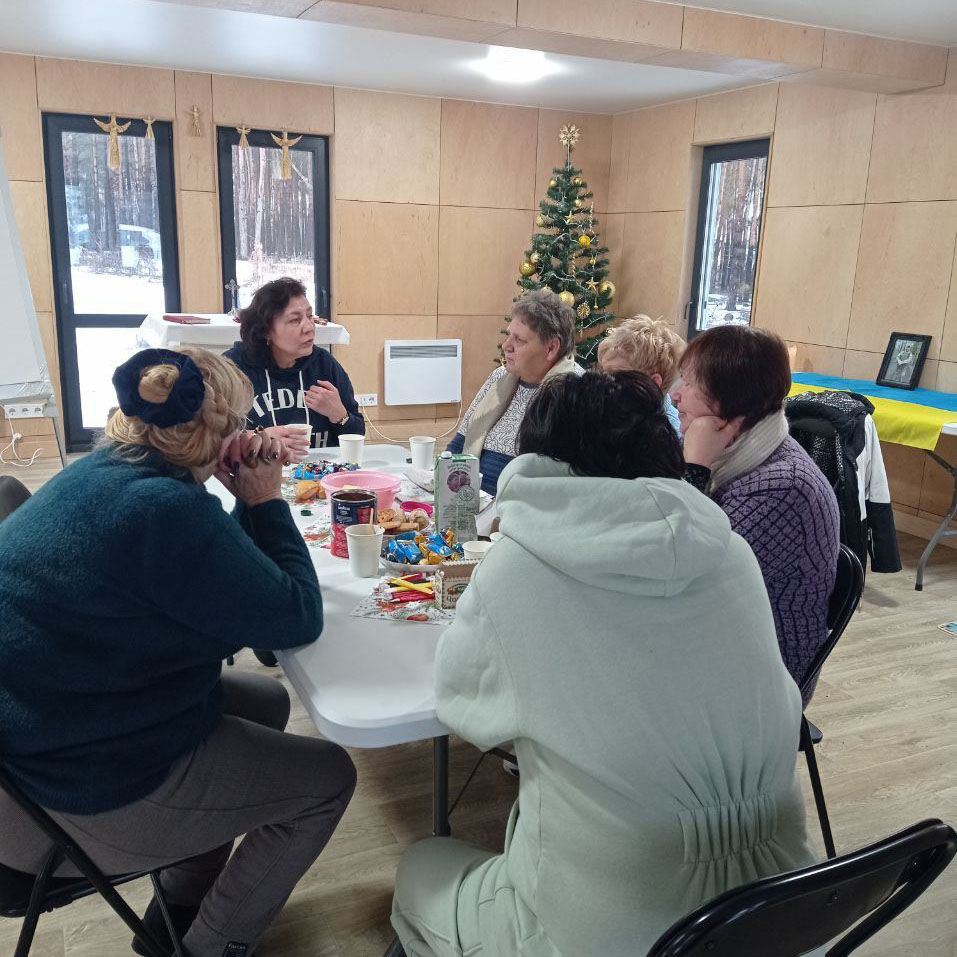
What are the main goals and objectives of the project?
To improve the overall mental health of the population at the community level, where our Wound Healing Centres, invincibility points and other social and parish centres we cooperate with are located. This includes working with residents whose psychological state has deteriorated because of the war, and with internally displaced people who often have traumatic experiences related to the war in their hometowns and may have difficulty finding work, housing, and social support in their new places of residence. This also includes working with the military and military families who are experiencing very difficult stressful events in their families.
What does the process of providing psychological assistance look like: individual, group or mixed sessions?
It is both. We provide one-to-one, face-to-face, and online assistance to all people who come to us for help. We also conduct group sessions, both therapeutic and psychoeducational. It is about psychological education, providing important knowledge in the field of mental health and self-help.
Group work is often effective here, as it is a more efficient use of human and economic resources for some diagnoses. At the same time, the affected person receives the support of other group members in addition to the help of a psychologist, which is very important.
Psychoeducational activities, on the other hand, are aimed at preventing mental disorders, when a person acquires important knowledge and learns techniques in the field of mental health that can help prevent the onset of disorders. Often, people learn from these meetings what is going on with them and seek individual help after the session.
Almost always, along with group work, there are requests for individual work, so it is important that the project has the opportunity for both.
Other projects often lose out because they only do group work and are unable to help people individually. On the other hand, group psychoeducational or training work helps us to overcome negative stereotypes about psychological and psychotherapeutic help among people, so after such meetings, people are more willing to seek the help they need.
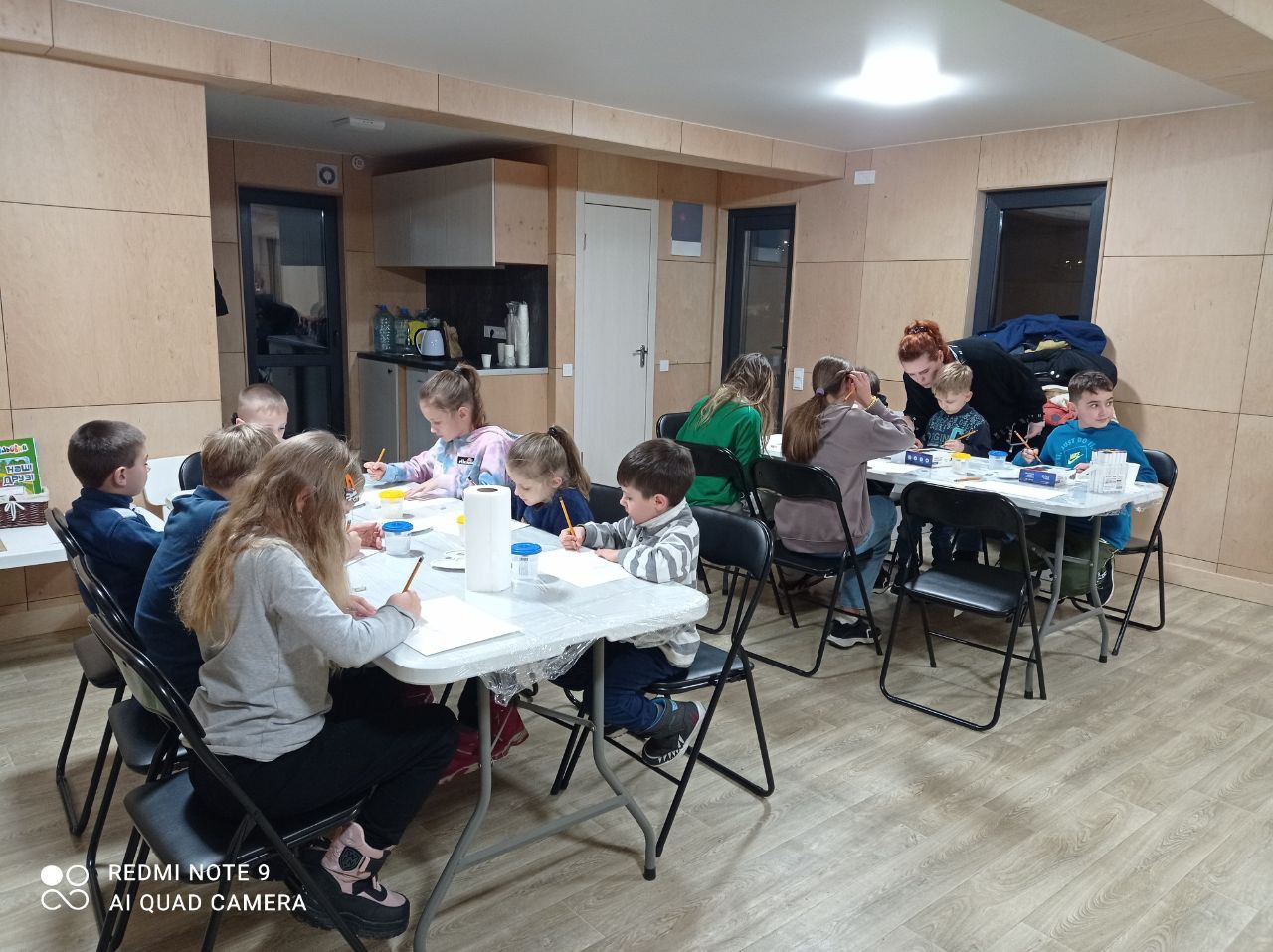
Who is currently part of the project team? How are psychologists and psychotherapists selected?
We have 9 counselling psychologists and psychotherapists and 8 specialists in group work: psychologists, trainers, art therapists and music therapists.
As for the specialists in individual work, they must be people with a psychological education, as well as with a formation in their method of psychotherapy, which, in turn, must be scientifically proven and effective. They must also have the experience to deal with the needs of our clients. At present, most of our specialists work in cognitive behavioural therapy (CBT) and integrate approaches from other methods.
As for group work specialists, in addition to a diploma/certificate certifying their competence in their field of work, we also check their skills and experience. After all, in working with people, it is very important to be able to work with a group, keep attention, create a climate of friendship and goodwill, and help people open.
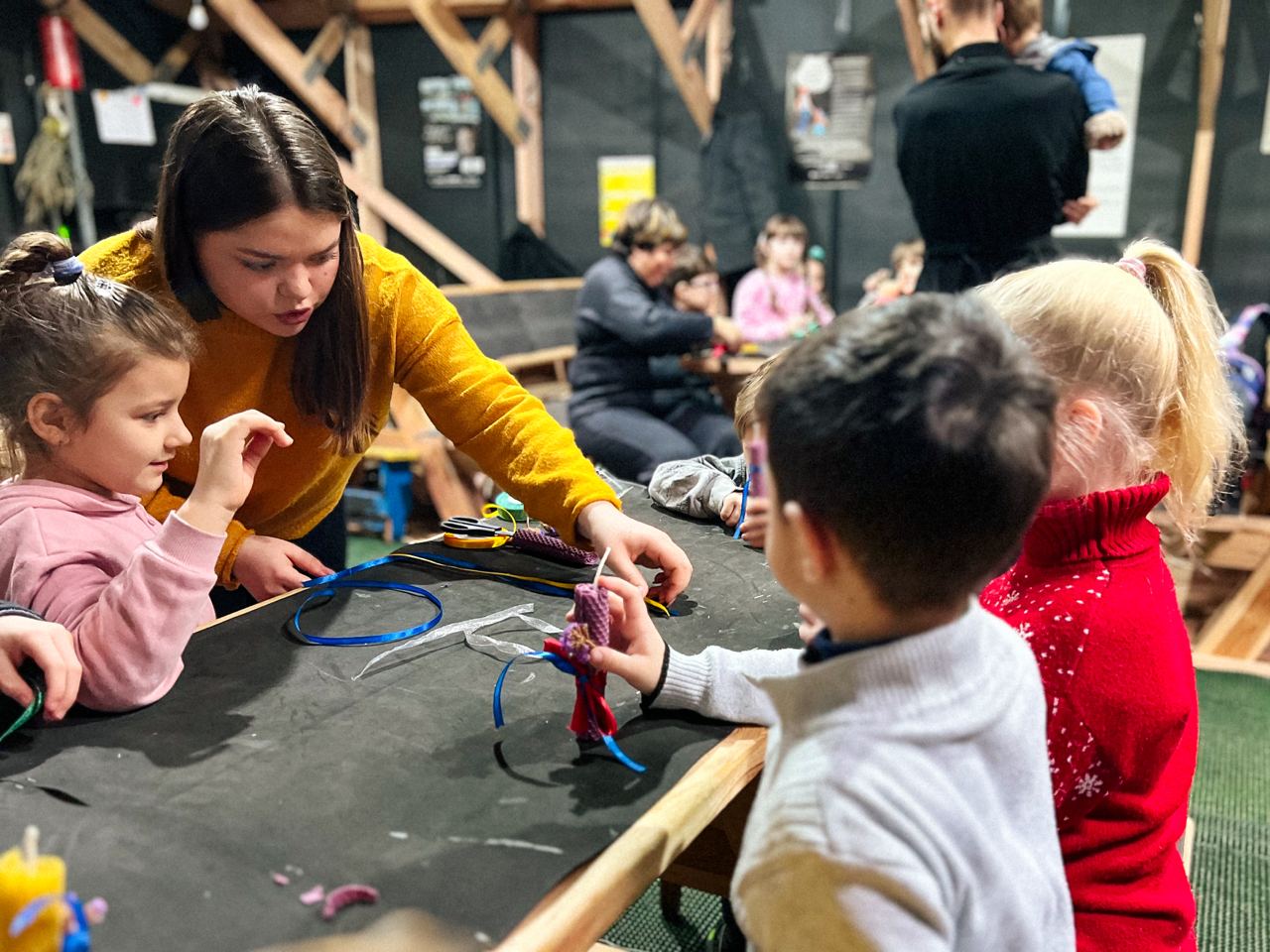
How many project participants are currently receiving support and assistance? Who are they? How can you get involved?
In the 4 months of our work, we have about 100 people who are or have been receiving individual counselling in our project. About 320 people have also attended our group sessions. These are mostly residents of Kyiv Oblast, as we started from this region. These are both locals and IDPs, children and adults, up to the elderly. These are mainly vulnerable categories of the population: children and their mothers, victims of hostilities, IDPs, military families, families who have experienced the loss of loved ones, etc. Our parishioners, clergy, volunteers, and community leaders also apply. In general, unfortunately, there are too many categories of people in Ukraine who are experiencing the war very hard and have psychological difficulties.
You can get involved through our Healing Wounds Centres and other parish centres that cooperate with the Patriarchal Foundation Mudra Cause.
What are the basic principles that guide your team? What about confidentiality, for example?
Of course, the patient’s confidentiality is ensured in accordance with all the standards of psychological care. Only the administrator processes the contact details of the person who applies and arranges a meeting with the counsellor. No private information about a person can go beyond the counselling process, i.e. it remains between the counsellor and the person. Confidentiality can only be violated in case of a threat to the life or health of the patient or other persons. This rule is a classic and mandatory for any psychotherapy or counselling process.
In general, all the rules of the counselling process are agreed between the patient and the counsellor at the first meeting and a therapy contract is signed. As for group meetings, the personal information discussed should also remain between group members, and all participants agree to this rule. This makes it easier for a person to share what is bothering them without fear of being ridiculed or hurt.
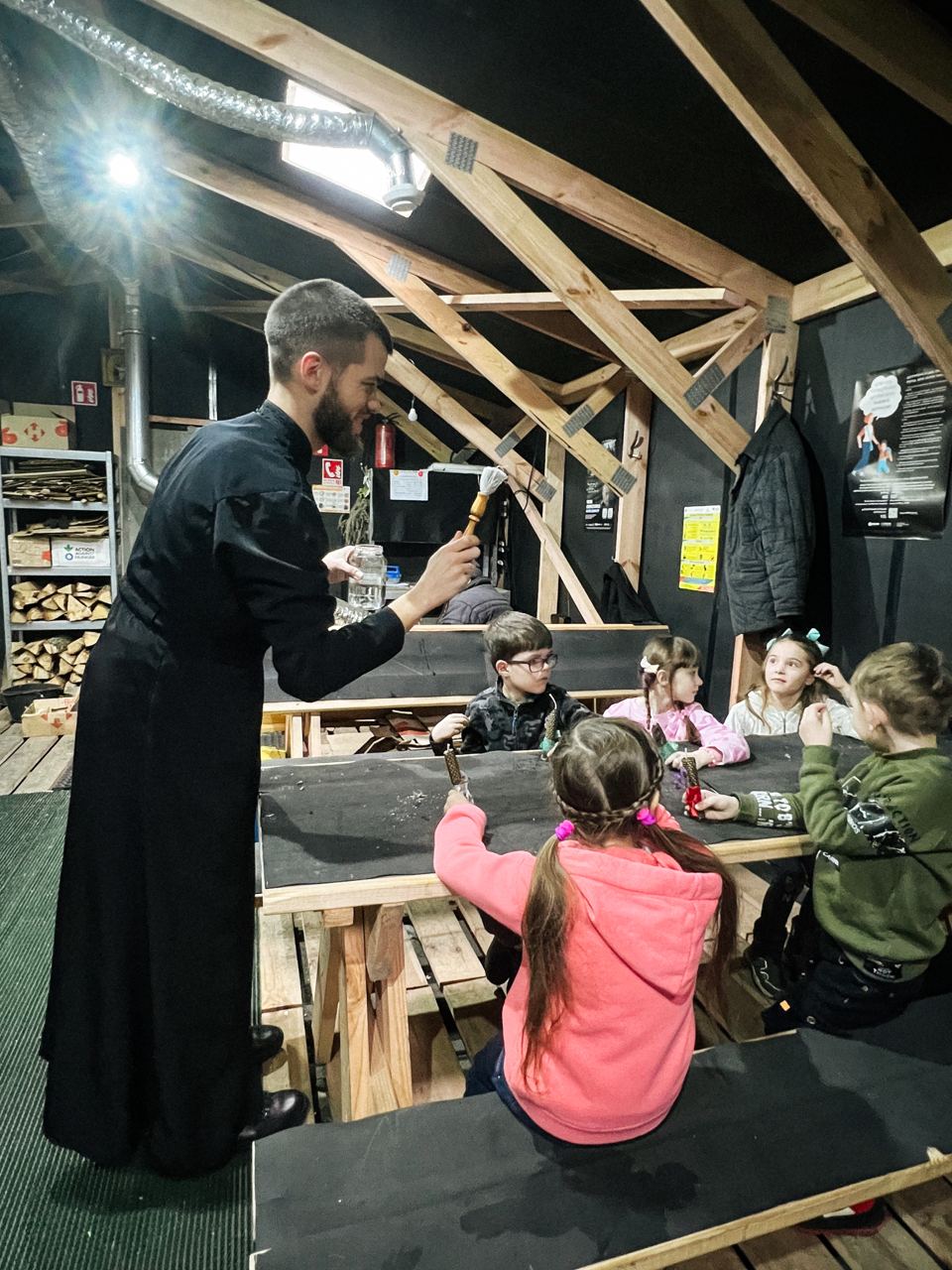
Does your work involve working with children? What kind of work is it?
The child’s psyche is even more vulnerable than the adult’s. A child does not know how to defend himself or herself. However, at the same time, it is more flexible and easier to recover. Therefore, we often offer group work for children to help their nervous system recover. This includes games and workshops, movement and music, and communication with peers. Psychological education for children should include elements of interactivity so that the child can learn the material.
Also, individual work with a child is special: games, fairy tales, metaphors, rewards and gifts are used here. Parental work should usually be conducted in parallel with the child, because it is the parents who will be with the child for all 7 days between sessions, and they will be able to help the child consolidate the material learned or complete the therapist’s homework. Often, the main difficulties of the child are solved during the work with parents, because it is caring and balanced parents who can cope with their problems and are able to take care of the child’s feelings that are a big part of the child’s healing.
Interviewed by Fr Ivan VykhorPress service of Patriarchal Foundation Mudra Sprava